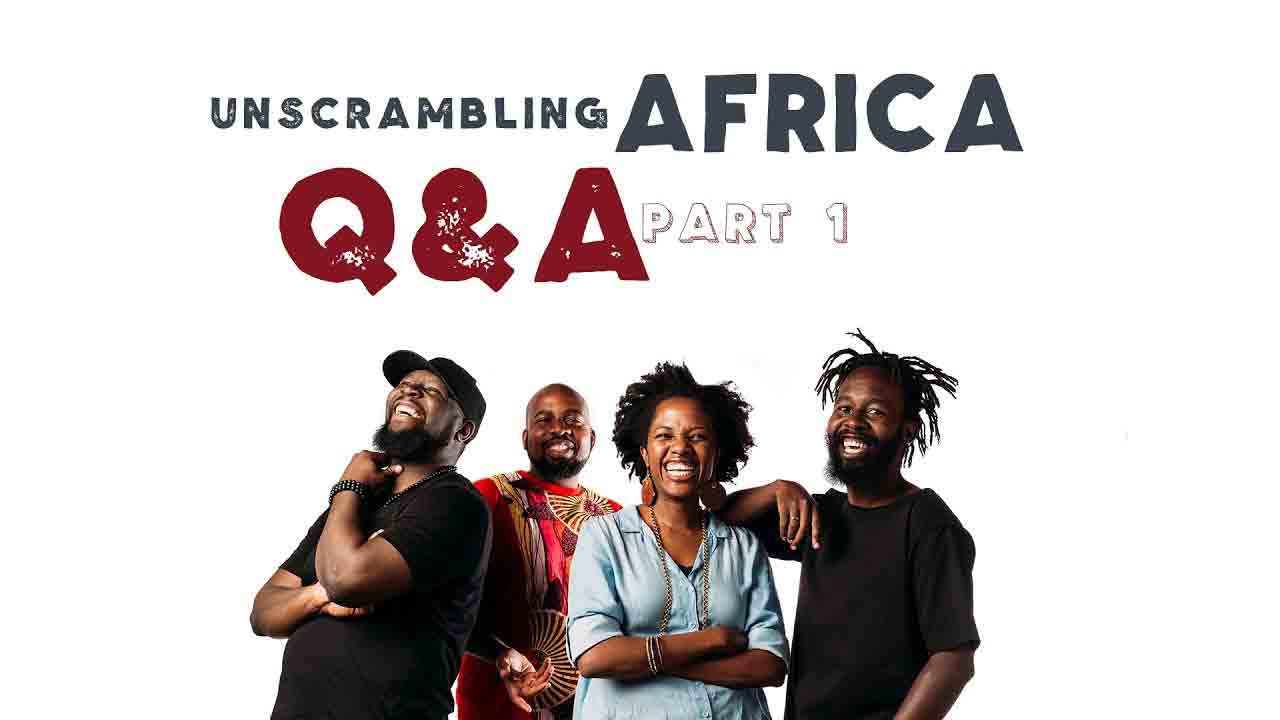Africans documenting Africa for Africans
GOSEGO MOTSUMI
Four young Kenyan creatives have embarked on an epic 15 000km road trip from Nairobi to Johannesburg dubbed “Unscrambling Africa” to explore the different personalities that reside within and define urban populations across the African continent. They aim to capture the vibrancy of Southern Africa’s cities through film and photography. Time Out caught up with the team in Gaborone on their return trip to Nairobi, day 81 of the journey.
According to the project’s photographer, Mutua Matheka the scramble for Africa in the 1880s and 90s interfered with her socio economic progress and years later we still live and feel the effects of this partitioning, especially in the separation of the population on the continent. He says it is difficult for Africans to travel within her borders, and even more challenging to acquire information on what life is for people living in these different countries.
“Unscrambling Africa seeks to ‘discover’ urban areas all over the continent. From Nairobi to Johannesburg, the team documents what these cities look like, meet the people that reside in them, interact with the sub-cultures and photograph the built up environments of these cities,” he said, adding that hopefully this could be one of the many ways to unscramble the centuries old colonial view of the continent.
For his part, travel and documentary storyteller/ filmmaker Josh Kisamwa said the journey wants to break the cliché of Africa being associated only with picturesque sunrises and wildlife as there is more to the continent than these recurring images. On their two day visit to Botswana Kisamwa said , “I feel like Botswana has managed it’s resources well, it may be true or not. I have seen good roads and the city is clean compared to other countries. But we also avoided bias by speaking and interacting with Batswana from all walks of life and we are getting a taste of how it is to live in Gaborone as a native in the 21st century.”
They said a big part of what they want to achieve is not to create something new but to stress how perception also shapes the narrative of these varied communities. “Information about Africa comes mostly from a Western perspective which is different from our view of African cities. Through our travels one example that stood out was when we were in Windhoek. We were the only Africans at a Backpackers and we found many warnings online that the city is dangerous. But through our local interactions and experience we did not see any of that. So the perspective of an African is an unheard voice in the whole travel experience within the continent,” Matheka said.
The team’s travel exploits will be also documented in a coffee table book that has already been pre-ordered and the funds used to finance their current trip. They will also be publishing a colouring book for kids and of course the all important film and blog about their adventures and the conversations they have had with people in these cities.
“The journey has been amazing, heart wrenching, tough and incredibly satisfying. And the visual story will be shared with anyone interested using various social media platforms,” Matheka concluded.

